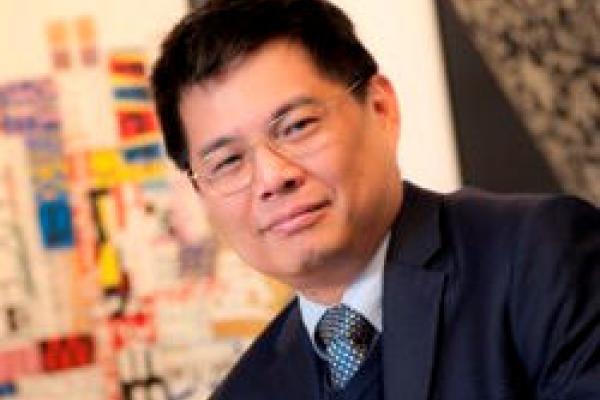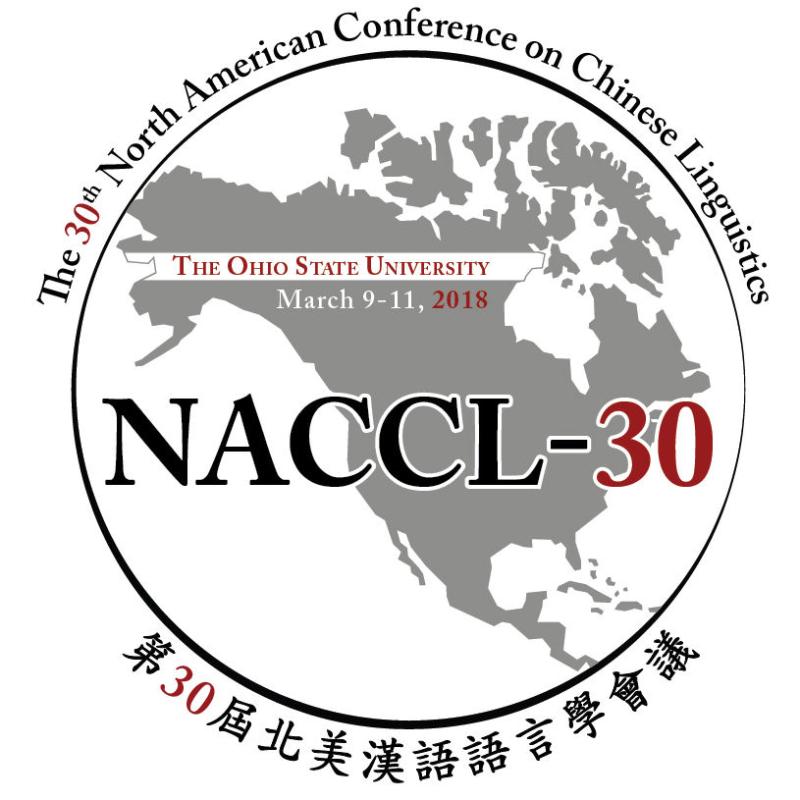
The Institute for Chinese Studies (ICS) presents this ICS-OCAPA lecture as part of the ICS "China in Transition" Lecture Series, in conjunction with The 30th North American Conference on Chinese Linguistics (NACCL-30).
"Chinese Perspectives on Synaesthesia: From Sense to Sense, from Cognition to Culture, from Embodiment to Universality"
Professor Chu-Ren Huang
Department of Chinese and Bilingual Studies
The Hong Kong Polytechnic University
Flyer: Chu-Ren Huang Flyer.pdf
Abstract: Synaesthesia (通感/联觉), with its Greek etymology, is a linguistic device that offers a unique window into our neuro-cognitive mechanisms as well as culturally grounded conceptualization. Linguistic synaesthesia in Chinese offers interesting facts that were not accounted for previously. 闻 ‘to smell’, with its auditory etymology for instance, is an instance of sub-lexical synaesthesia marked by orthography with auditory-to-olfactory direction, which contradicts the embodiment based prediction. More recently, synaesthesia has been a showcase phenomenon for neuro-cognitive studies (e.g. Cytowic’s (2003) The Man Who Tasted Shapes), yet linguistic synaesthesia hasn’t received the attention it deserves until a few recent papers (Srik Lievers and Winter 2018, Zhao, Huang and Long 2018). In this talk, I will introduce a series of recent studies by our group focusing on new perspectives on synaesthesia driven by Chinese data. Topics addressed include the relation between synaesthesia and metaphor, the universality of mapping direction, the embodiment theory and/or neuro-cognitive basis of linguistic synaesthesia, and possible cultural influence on linguistic synaesthesia.

Free and open to the public.
